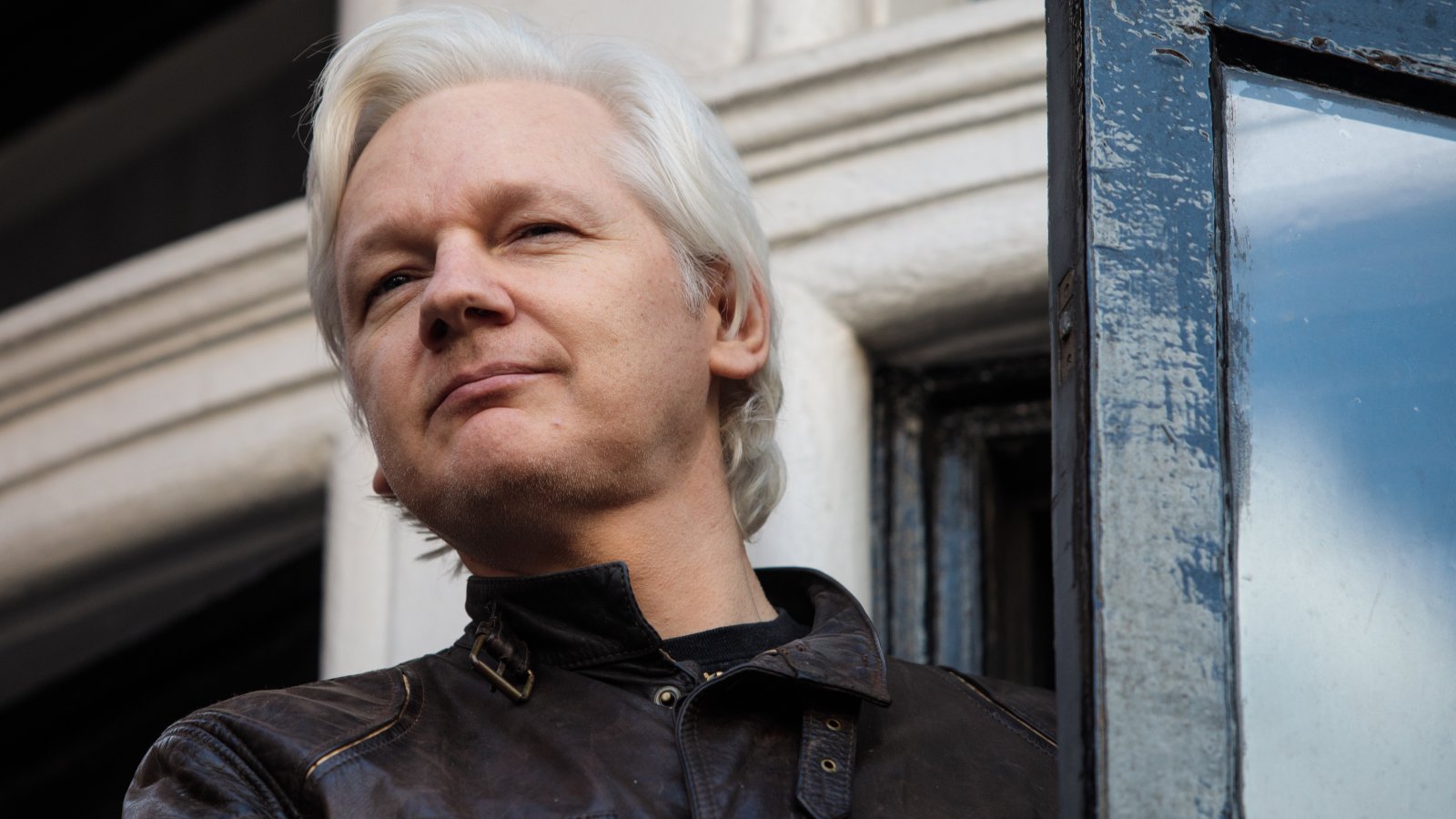
The Associated Press reports exclusively that WikiLeaks founder Julian Assange, who has been living in the Ecuadorian embassy in London since June 19, 2012, sent a letter to the Russian Consulate to apply for a visa in 2010.
“I, Julian Assange, hereby grant full authority to my friend, Israel Shamir, to both drop off and collect my passport, in order to get a visa,” said the letter , which was obtained exclusively by The Associated Press.
The Nov. 30, 2010 missive is part of a much larger trove of WikiLeaks emails, chat logs, financial records, secretly recorded footage and other documents leaked to the AP. The files provide both an intimate look at the radical transparency organization and an early hint of Assange’s budding relationship with Moscow.
The ex-hacker’s links to the Kremlin would become increasingly salient before the 2016 U.S. presidential election, when the FBI says Russia’s military intelligence agency directly supplied WikiLeaks with stolen emails from Hillary Clinton’s campaign chairman and other Democratic figures.
WikiLeaks is disputing the veracity of the letter.
In a statement posted to Twitter, WikiLeaks said Assange never applied for the visa or authored the letter, naming a former associate of his as the alleged source of the document. WikiLeaks did not return a follow-up email seeking clarification on whether Shamir applied on his behalf, or whether a lawyer or someone else at WikiLeaks might have drafted the letter. The Russian Embassy in London said it doesn’t discuss the personal details of visa applicants.
WikiLeaks has repeatedly been hit by unauthorized disclosures , but the tens of thousands of files obtained by the AP may be the biggest leak yet.
The AP has confirmed the authenticity of many of the documents by running them by five former WikiLeaks associates or by verifying non-public details such as bank accounts, telephone numbers or airline tickets.
One of the former associates, an ex-employee, identified two of the names that frequently appeared in the documents’ metadata, “Jessica Longley” and “Jim Evans Mowing,” as pseudonyms assigned to two WikiLeaks laptops.
(...)
Metadata suggests that it was on Nov. 29, the day after the release of the first batch of U.S. State Department files, that the letter to the Russian Consulate was drafted on the Jessica Longley computer.
The AP couldn’t confirm whether or when the message was actually delivered, but the choice of Israel Shamir as a go-between was significant. Assange’s involvement with Shamir, a fringe intellectual who once said it was the duty of every Christian and Muslim to deny the Holocaust, would draw indignation when it became public.
Shamir told the AP he was plagued by memory problems and couldn’t remember delivering Assange’s letter or say whether he eventually got the visa on Assange’s behalf.
(...)
Shamir’s memory appeared sharper during a January 20, 2011, interview with Russian News Service radio — a Moscow-based station now known as Life Zvuk, or Life Sound. Shamir said he’d personally brokered a Russian visa for Assange, but that it had come too late to rescue him from the sex crimes investigation.
Russia “would be one of those places where he and his organization would be comfortable operating,” Shamir explained. Asked if Assange had friends in the Kremlin, Shamir smiled and said: “Let’s hope that’s the case.
AP Exclusive: Files show Assange sought Russian visa (AP)
A selection of the leaked documents: https://www.documentcloud.org/search/projectid:40593-WikiLeaks (AP)